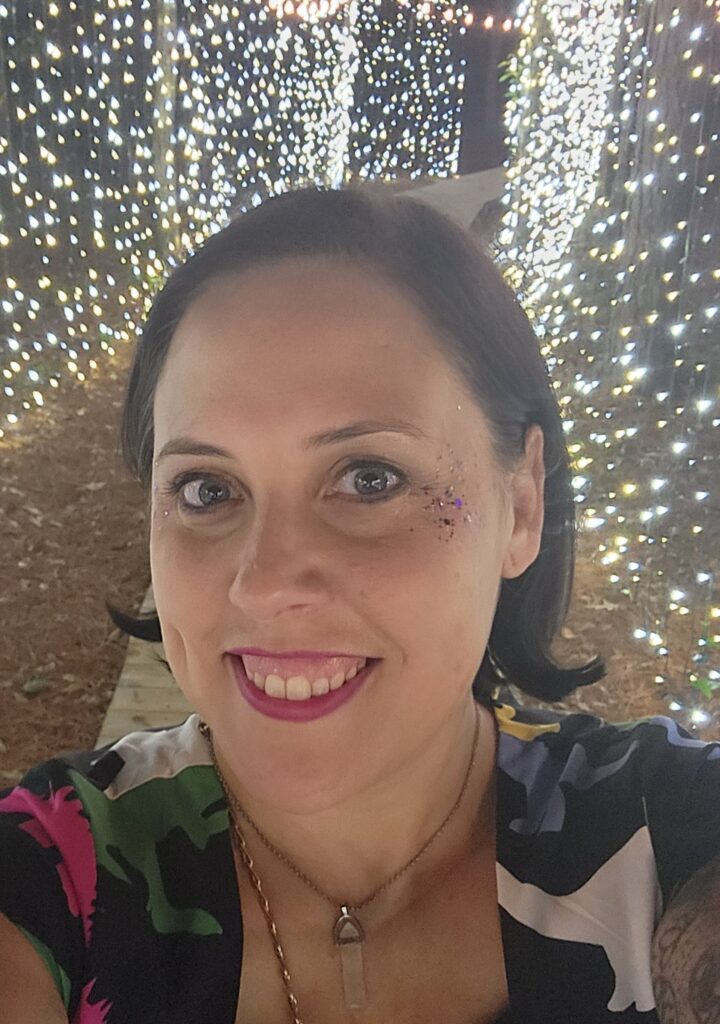
To Maegan Morrow, music is a source of hope—not just for the people she works with, but also for herself.
Maegan is a music therapist at Houston Methodist, the Woodlands. She works primarily with stroke patients, people with neurological diagnoses, and patients’ family members.
“As patients and families deal with the newness of a major life change after having a stroke, I provide positive music stimulation immediately after their injury or start to work on motivation, coping, pain and stress management, and a variety of other medical and rehabilitation goals while in the acute setting,” says Maegan.
As patients progress at the hospital, she works with them from the ICU to lower-acuity units, working with them throughout their entire hospital stay.
She also co-leads the HEAL Stroke Support Group—part of a program established this year to provide support, resources, and connections to stroke patients and their caregivers.
Through music-based interventions and shared stories, people in the support group connect over their experiences. Maegan encourages conversations around mental health and changes that neurologic injuries can cause, including those relating to physicality, emotions, and personalities.
“Talking openly about this can promote normalcy,” Maegan says. “Adjusting to a new normal is part of the rehabilitation process, but it is not always easy to talk about it or live with a new disability. Bringing in music therapy has opened the door for more discussion surrounding emotion, mental health, and hope.”
Maegan understands how music is effective in enhancing connections and well-being because of its biopsychosocial effects. After twenty years of working as a Neurologic Music Therapist and being a passionate seeker of music-related neuroscience findings, she knows that music is a powerful tool.
“I think that most people realize that there is something powerful about music but don’t realize the potential of the music to build new neural connections and prime pathways to drive positive neurological, physiological, and psychological change,” says Maegan.
In her own life, music has guided her, along with her desire to help others.
“When I heard about what music therapy was back in the ’90s, I immediately knew that was ‘me,’ and I switched majors,” she says.
After studying music therapy at Sam Houston State University, Maegan completed her internship at the Center for Music Therapy in Austin, TX under one of the first neurologic music therapy (NMT) private practices in the US. NMT addresses neurological goals through musical elements; to learn more about it, Maegan connected and trained with Dr. Michael Thaut and his research team at Colorado State University. Though she started working in school systems and outpatient psychiatric centers, she felt an urgency to return to physical medicine early in her career. She then worked as a senior NMT fellow, clinician, and clinical researcher at a rehabilitation hospital and research center in Houston for 17 years before she came to Houston Methodist.
Now, Maegan plans to build on her work supporting patients with various neurological and emotional goals.
Maegan says, “I want to see the medical community embrace music therapy as a standard of care in this country, and I will continue to advocate for that in the work we do here at Houston Methodist and CPAM, to continue to provide care to patients and families in this local community.”